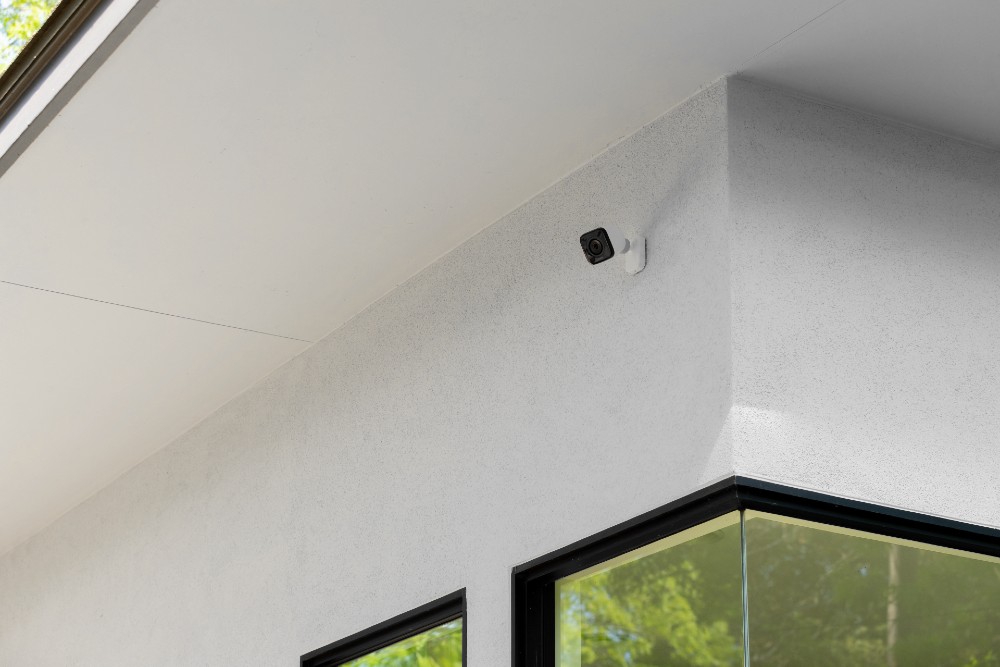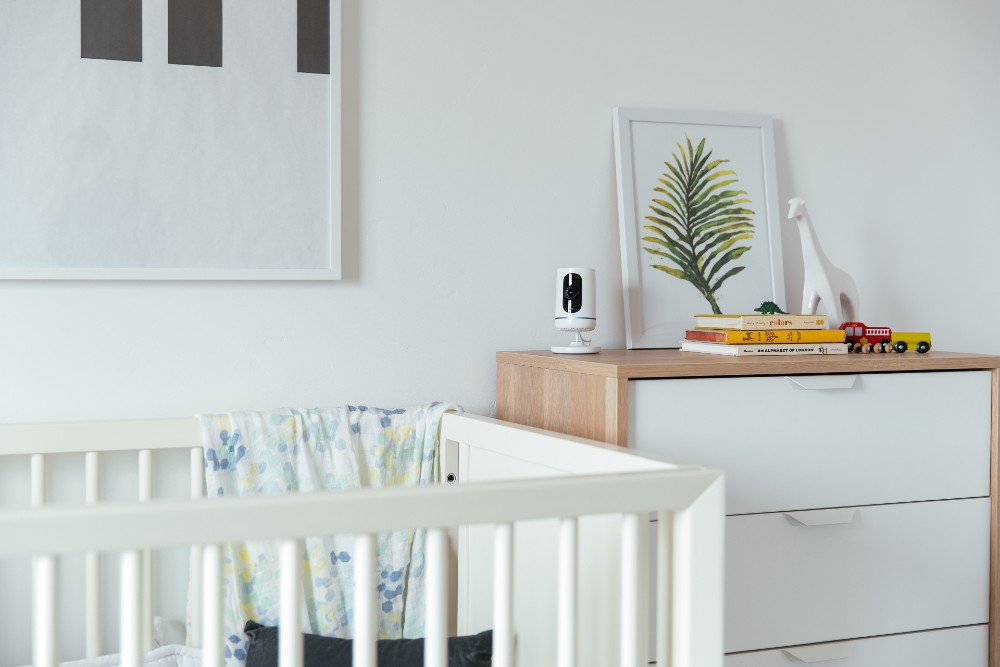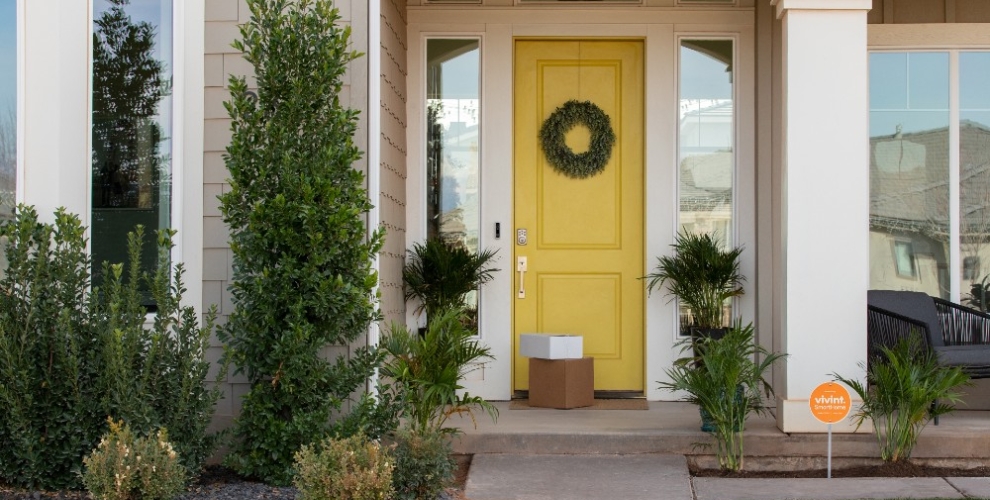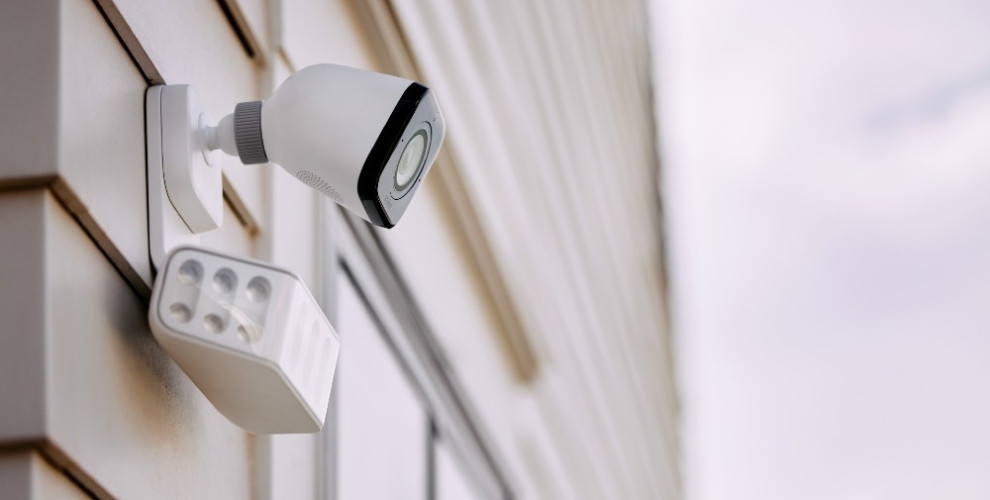In the digital era, home security cameras are more than a part of your security setup. They're your eyes and ears when you're away.
Whether it's keeping tabs on your beloved pets, protecting your home from intruders, or syncing seamlessly with your smart home ecosystem, these cameras are game-changers. The big question, though, is whether to go wireless or stick with wired options.
This comprehensive guide discusses the nuances of both, empowering you with the knowledge to pick the ideal camera type that aligns with your lifestyle and security needs.
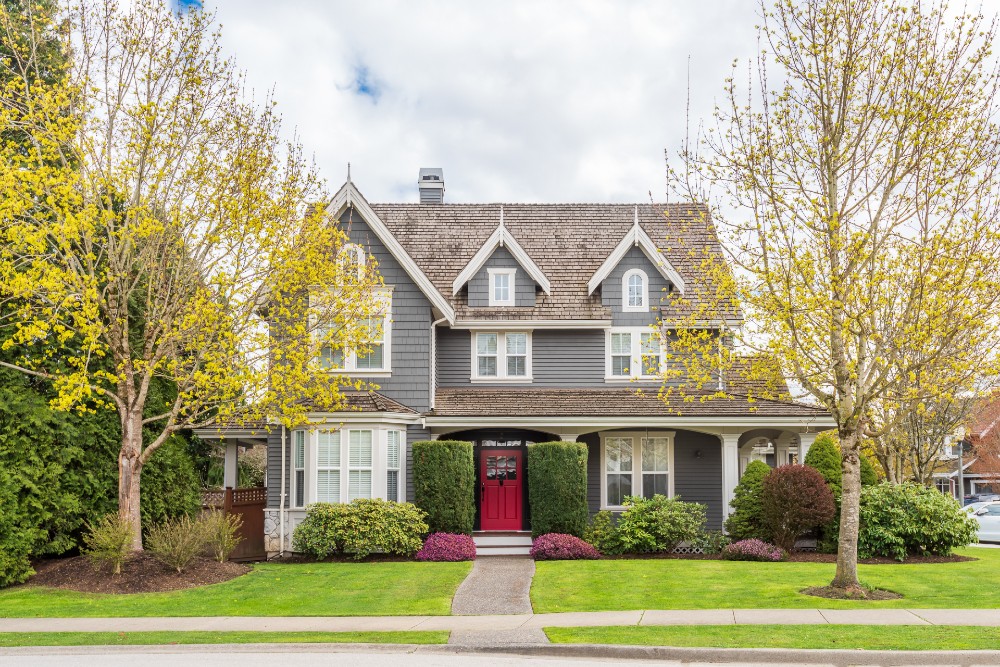
How do wireless security cameras work?
Embrace the ease of DIY with wireless security cameras, the trendsetting guardians of your home. These savvy devices, often battery-powered, liberate you from the complexities of traditional wiring. Keep an eye on battery life though, with options ranging from regular to rechargeable batteries.
Pros
- DIY installation. Say goodbye to complex setups! Many models offer adhesive strips for quick mounting.
- Wi-Fi connectivity. Wireless cameras seamlessly integrate with your home's Wi-Fi network, becoming a core part of your smart security system.
- Real-time notifications. Stay informed with instant alerts sent directly to your device.
- Cloud storage. Access your video footage anywhere via cloud storage. While basic plans are often free, additional storage might come with a fee.
- Adaptable placement. Their wireless nature means you can place them almost anywhere within your Wi-Fi range.
- Indoor and outdoor compatibility. Whether it's an indoor camera monitoring room temperature or an outdoor camera with a robust 130-degree field of view, there’s a fit for every need.
- Add-ons and functions. From spotlights for enhanced security to temperature sensors, the versatility is unmatched.
Cons
- Battery dependence. Regular monitoring of battery life is essential, especially for battery-powered models.
- Wi-Fi reliance. A strong and consistent Wi-Fi network is crucial. Spotty or disrupted Wi-Fi can impair functionality.
- Cloud storage costs. While basic cloud storage is free, expanded storage options can incur additional charges.
- Security risks. Like all Wi-Fi-enabled devices, they can be vulnerable to hacking if not properly secured.
- Limited by range. The camera's efficiency is tied to the range of your Wi-Fi network and router’s reach.
For those seeking a wireless security camera system that bypasses Wi-Fi dependency, some models offer alternatives like cellular network connectivity or local storage on a micro-SD card. This adaptability ensures your home remains under vigilant watch under all circumstances.
